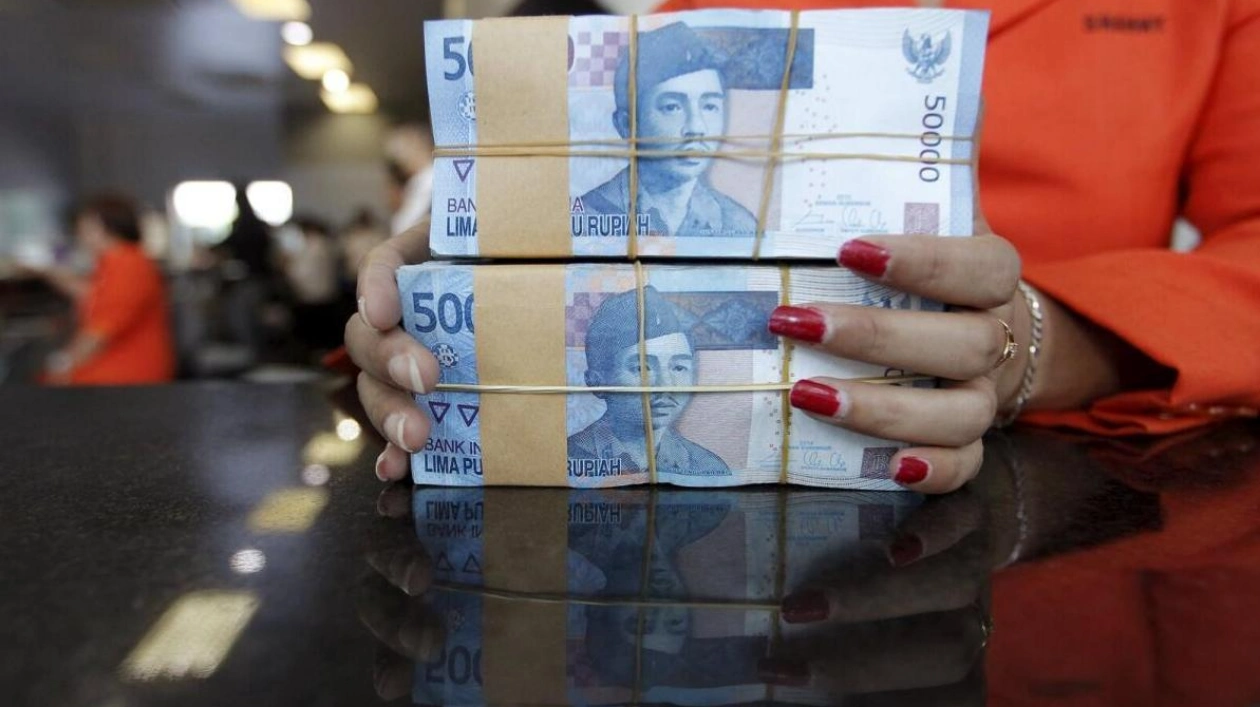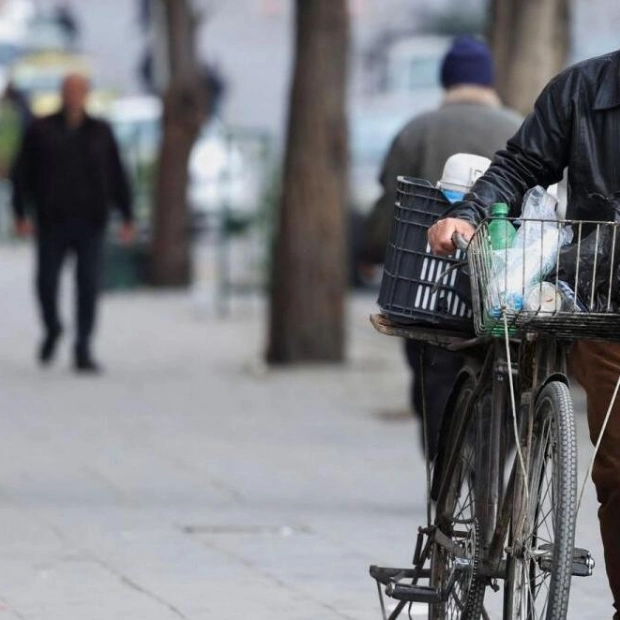Indonesia is set to launch a central counterparty clearing house (CCP) for foreign exchange and money market transactions next week, according to the country's central bank. The initiative aims to bolster the capital markets of Southeast Asia's largest economy by integrating its currently fragmented and segmented financial markets. Bank Indonesia (BI) stated that the CCP will enhance liquidity for banks by mitigating default and other market risks.
"With the CCP in place, transactions in the money market will become more efficient, and transaction volumes are expected to rise," explained Donny Hutabarat, head of BI's Financial Market Development Department, during a media briefing. He highlighted that the current market pricing mechanism is inefficient, as large banks predominantly trade with other large banks. The CCP will initially facilitate domestic non-deliverable forwards (DNDF) and, over the next five years starting in 2025, will expand to include repo, interest rate swaps, and overnight indexed swaps. Non-bank entities are anticipated to join the system from 2026 onwards.
BI did not disclose specific targets for the volume of DNDF transactions post-launch. The CCP's shareholders include the Indonesia Stock Market Clearing House, BI, and eight banks: Bank Central Asia, Bank Rakyat Indonesia, Bank Mandiri, Bank Negara Indonesia, Permata Bank, Bank Danamon, CIMB Niaga, and Maybank. Each shareholder will contribute four types of guarantee funds to the CCP, which are designed to prevent defaults. Despite holding shares, BI will function solely as a regulator and one of the supervisors, alongside Indonesia's financial services authority.
BI established rules for CCPs in 2019, in response to a G20 resolution aimed at controlling derivative risks following the 2008 global financial crisis. The Indonesian CCP model draws from the frameworks of clearing houses in Japan and the UK.






